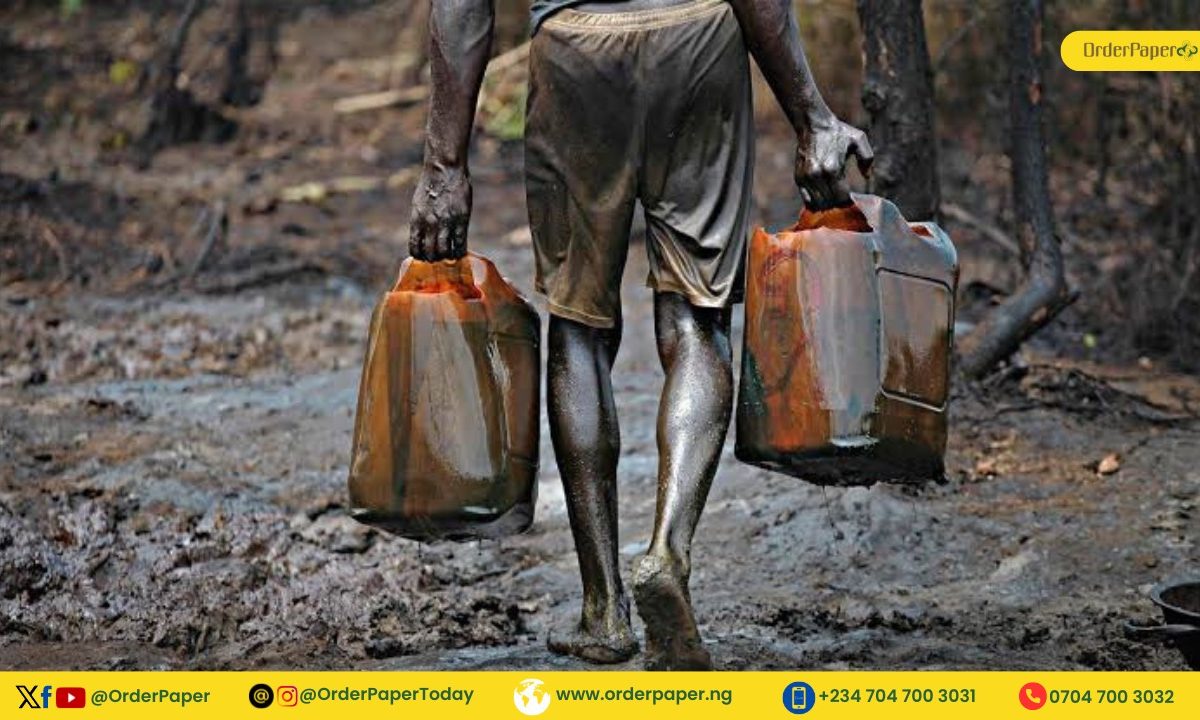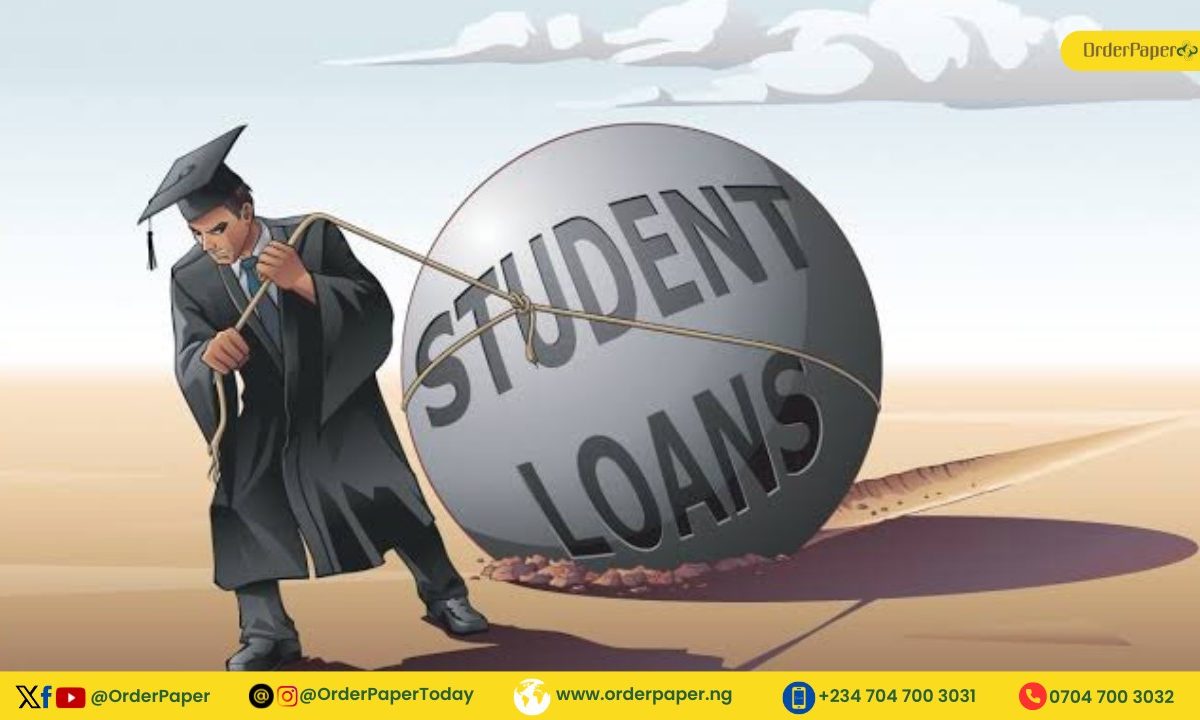The Nigerian government’s allocation to Education is a far cry from the benchmark recommended by UNESCO. This affects education in the country in many ways.

In a bid to prioritize education and invest in the intellectual capital of its citizens, the Nigerian government has shown a commendable increase in education spending from 2018 to 2024. Although substantial, it falls short of the recommended benchmark set by UNESCO as the nation has yet to meet the international standard of investing at least 26% of the national budget in the education sector.
A Financial Snapshot – 2018-2024: The Numbers Tell a Story
An analysis of the budgetary figures released by the Nigerian government from 2018 to 2024 unveils a significant commitment to education:
2018: NGN651,226,697,523
2019: NGN634,557,159,877
2020: NGN607,664,880,996
2021: NGN771,345,468,755
2022: NGN865,425,154,034
2023: NGN1,078,421,185,200
2024: NGN1,438,967,020,402

On the surface, these numbers reflect a commendable effort by the government to prioritize education in its budgetary allocations. However, it is crucial to scrutinize the percentages of the total national budget dedicated to this fundamental sector.
The UNESCO Benchmark
Despite the apparent commitment, it is crucial to note that UNESCO recommends that nations allocate at least 26% of their annual budgets to education. This benchmark is designed to ensure that countries can adequately address the multifaceted needs of their education systems, from infrastructure development to teacher training and educational technology integration.
While the Nigerian figures indicate an increase in funding for education, the percentage of the national budget dedicated to this crucial sector paints a different picture. An analysis of the data reveals that, even in 2024, with the highest education budget allocation at NGN1,438,967,020,402, Nigeria’s spending on education remains below the UNESCO-recommended threshold.
The positive correlation between education and societal development is well-established. A well-funded education system not only contributes to economic growth but also promotes social stability, technological advancement, and a more informed citizenry capable of addressing complex challenges.
Impact of funding on Education Quality
The shortfall in meeting international standards could hinder the country’s ability to address key challenges such as:
Infrastructure and Facilities: One notable area of focus is the development and maintenance of educational infrastructure. The funds allocated are expected to contribute to the construction of modern classrooms, well-equipped laboratories, and the improvement of overall school facilities. This investment aims to create a conducive environment for effective teaching and learning.
Empowering Teachers: Recognizing the pivotal role teachers play in shaping the minds of the next generation, a significant portion of the funds must be directed toward teacher training and development. This includes opportunities for professional growth, workshops, and initiatives to attract and retain qualified educators.
Technological Advancements: In an era dominated by technology, the government’s allocation of resources towards integrating technology into the educational system is a forward-thinking move. This includes investments in computers, internet connectivity, and educational software to equip students with the skills necessary for the digital age.
Scholarships and Financial Aid: Financial barriers should never impede access to education. Adequate funding allows for the implementation of scholarship programs and financial aid initiatives, ensuring that all students, regardless of their economic background, have the opportunity to pursue higher education. Nigeria recently introduced Student Loans. Would this be a game-changer?
The Road Ahead
Nigeria’s journey towards providing quality education for its citizens is ongoing. While the recent surge in funding is a positive step, there is a collective call for a more comprehensive and sustained financial commitment. As the nation reflects on the World Day of Education, the spotlight is on closing the gap between current allocations and the UNESCO-recommended 26% to ensure a brighter future for generations to come.
The call to action is clear – for policymakers to consider not only the strides made but the distance left to cover. A commitment to reaching and exceeding the UNESCO-recommended benchmarks will undoubtedly position Nigeria as a global leader in providing quality education to its citizens. The journey continues, and with the right investments, Nigeria can forge a path towards a brighter, more educated future.
To further dive into this topic, join us today, Wednesday, January 24, 2024, for the first episode of OrderPaper Parliamentary Engagement Nigeria (OPEN) Space discourse this year, at 6:00 pm West African Time (WAT), on X(Twitter) Space @OrderPaper. We’ll be discussing ‘Breaking Barriers: Addressing Educational Inequality through the Student Loan Act.’
Also, follow us for more updates @OrderPaper on YouTube, Facebook and Twitter, and
@OrderPaperToday on Instagram.
David Oputah
Oputah David M is a Bloomberg-trained Journalist with a diversified experience in online journalism and newsroom management. He is a 2023 MTN Media Innovation fellow!


